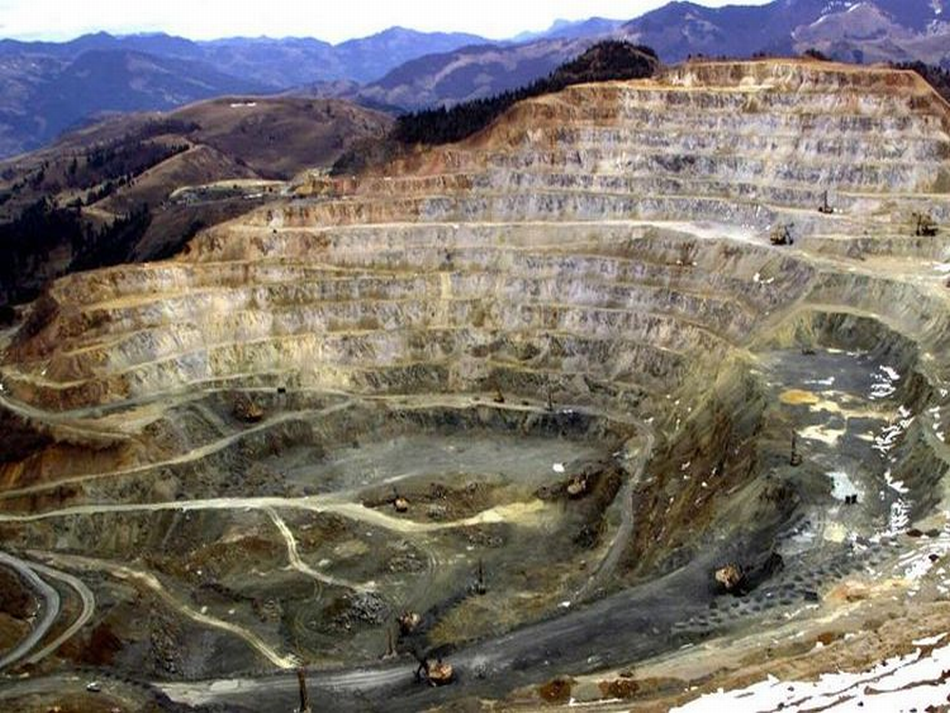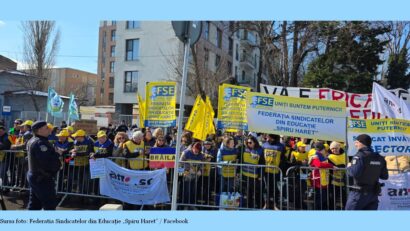A final vote on Rosia Montana mining project
The Gold Corporation Canadian company loses all hope of extracting gold from Rosia Montana, following final vote in Parliament.

Valentin Țigău, 04.06.2014, 13:15
The Chamber of Deputies in Bucharest on Tuesday rejected a bill on gold and silver extraction in Rosia Montana, central Romania. The Senate also rejected the bill in November 2013. The recent vote in the Chamber of Deputies marks the definitive rejection of the bill.
According to a report drawn up by a special committee, the mining project does not meet all the necessary requirements for the exploitation of mineral resources in Romania. Moreover, it represented an attempt to amend the mining law to favour the Canadian company Gabriel Resources illegally and allow it to use cyanide in its mining works in Rosia Montana. The bill would also have spared this company from obtaining the necessary approvals and was founded on pieces of legislation which are no longer in force.
Civil society has repeatedly denounced the bill for allowing unconstitutional expropriations and exceptions to the law of historic and natural heritage as well as the European water directive. Last autumn, thousands of people took to the street asking the government to withdraw the bill in question from Parliament, ban the use of cyanide in the mining industry and unblock the application to include Rosia Montana, which is a former Roman settlement, on the UNESCO heritage list. Under pressure from the people, political support for the mining project decreased.
According to many Romanian and foreign scientists, the use of cyanide in the mining process in Rosia Montana is incompatible with the principle of sustainable development and citizens’ right to enjoy a clean environment.
The Gabriel Resources company, on the other hand, threatened the Romanian state to sue for billions of euros worth of damages unless the project went ahead. With 68 different gold deposits known to exist in its Western Carpathians, Romania has some of the largest gold reserves in the European Union.
The use of cyanide in conjunction with flotation in mining works would create, however, 2,900 hectares of cyanide waste, posing a major risk for the environment and generating wide-scale social problems.






























